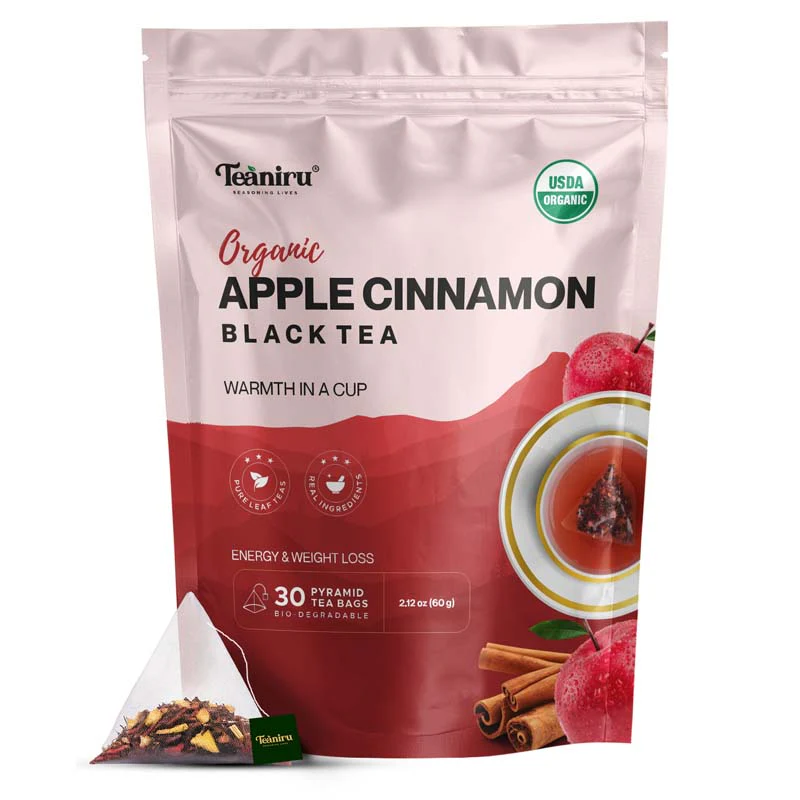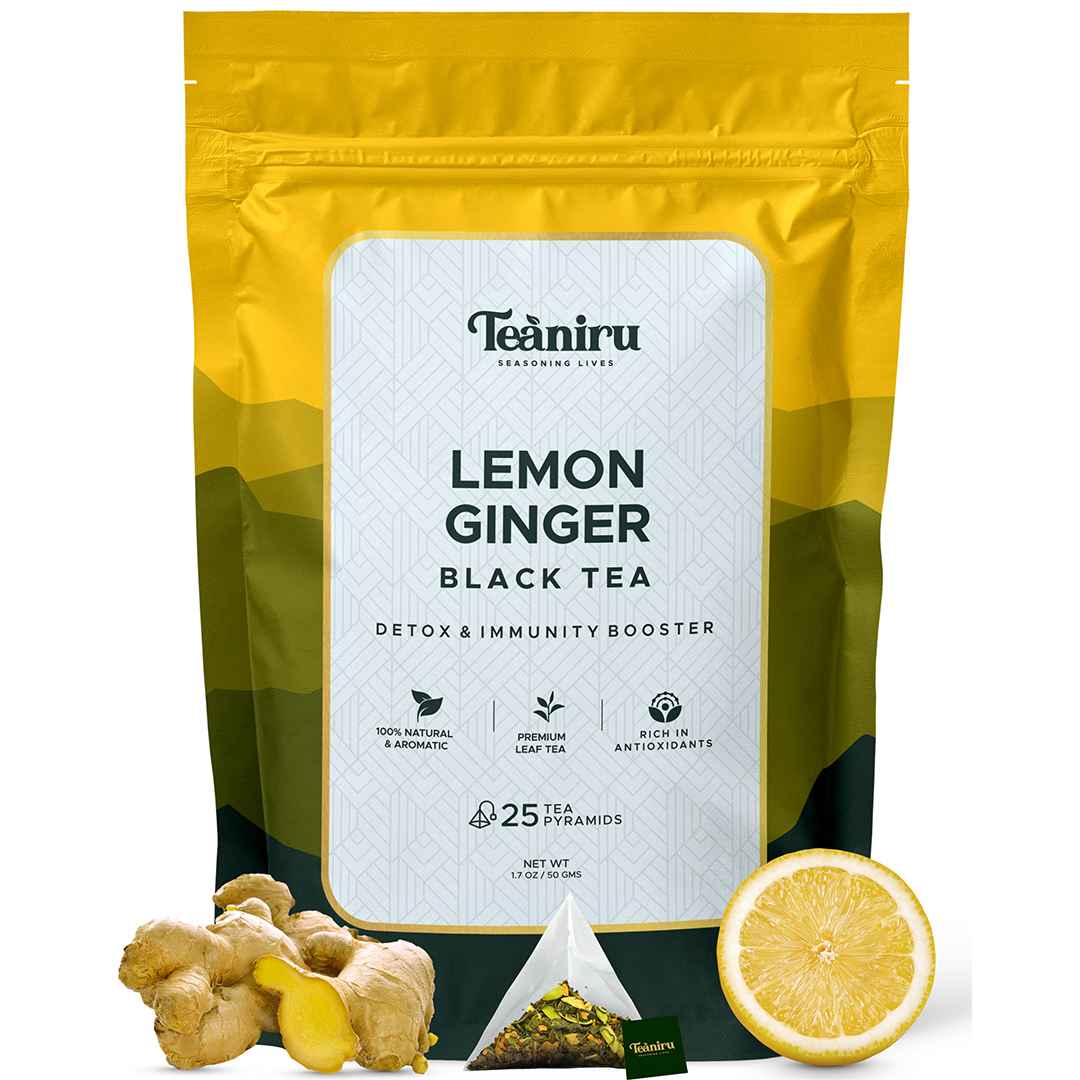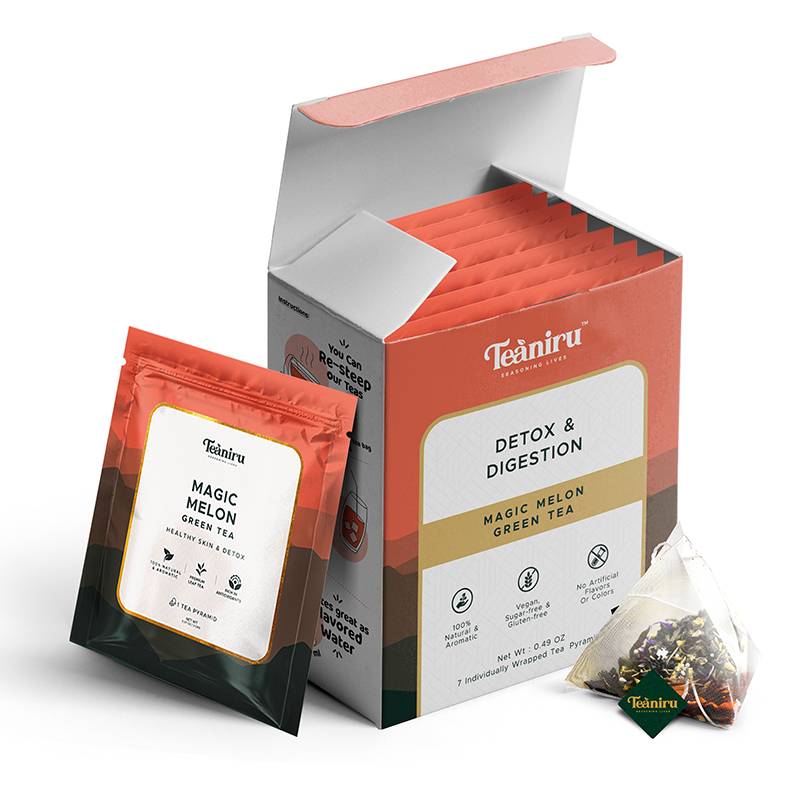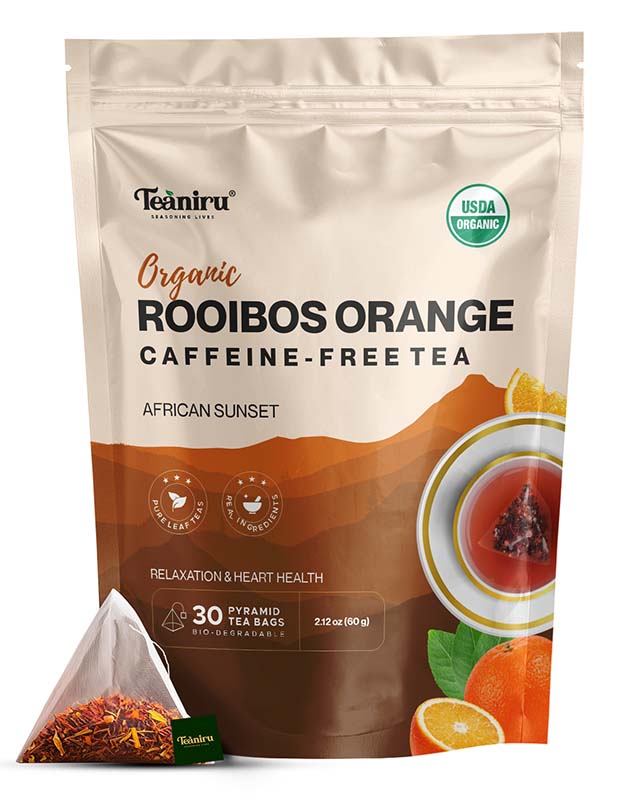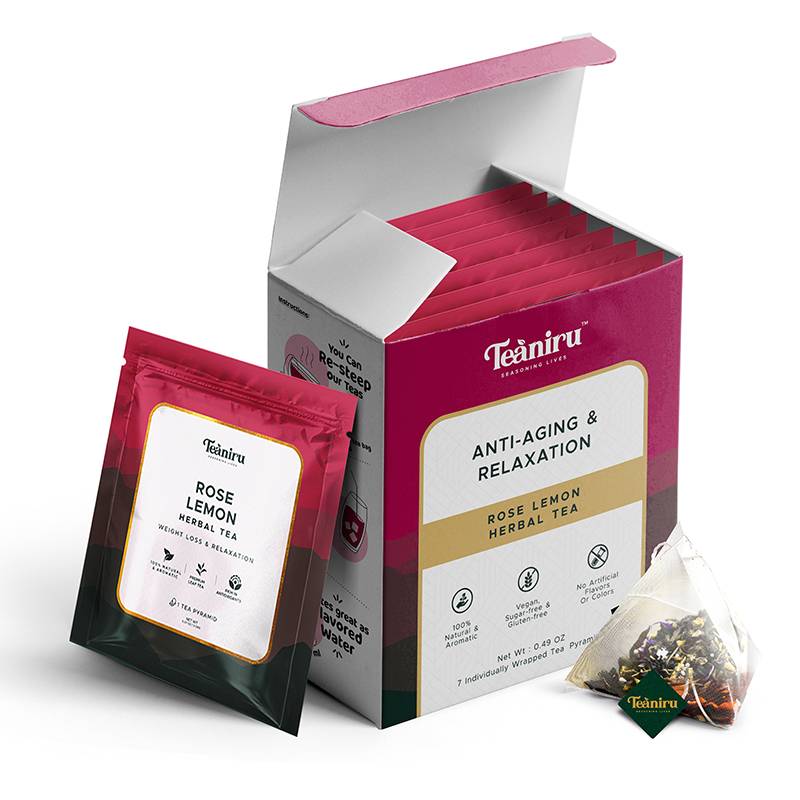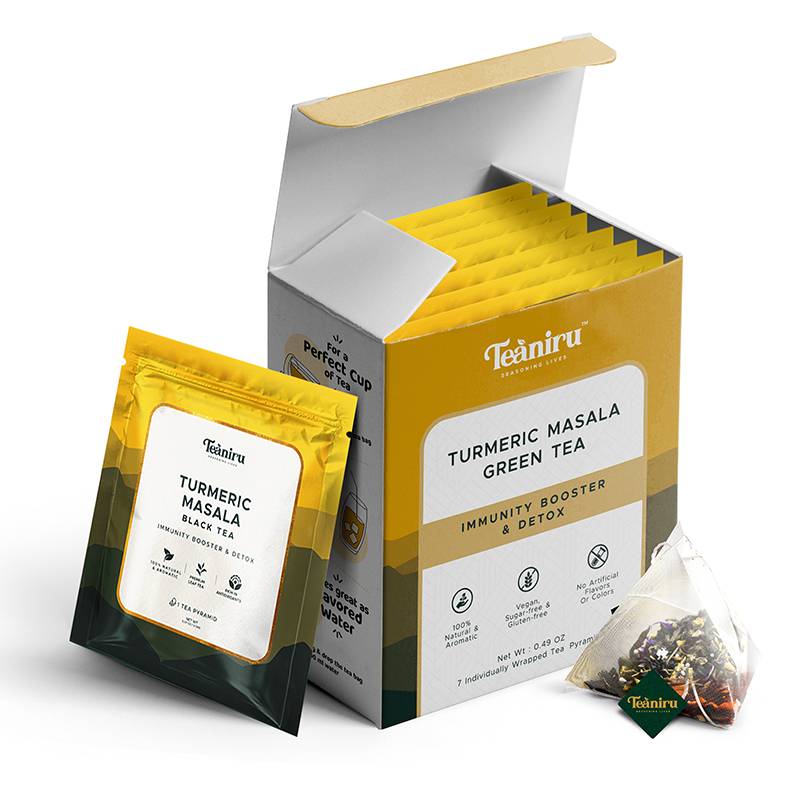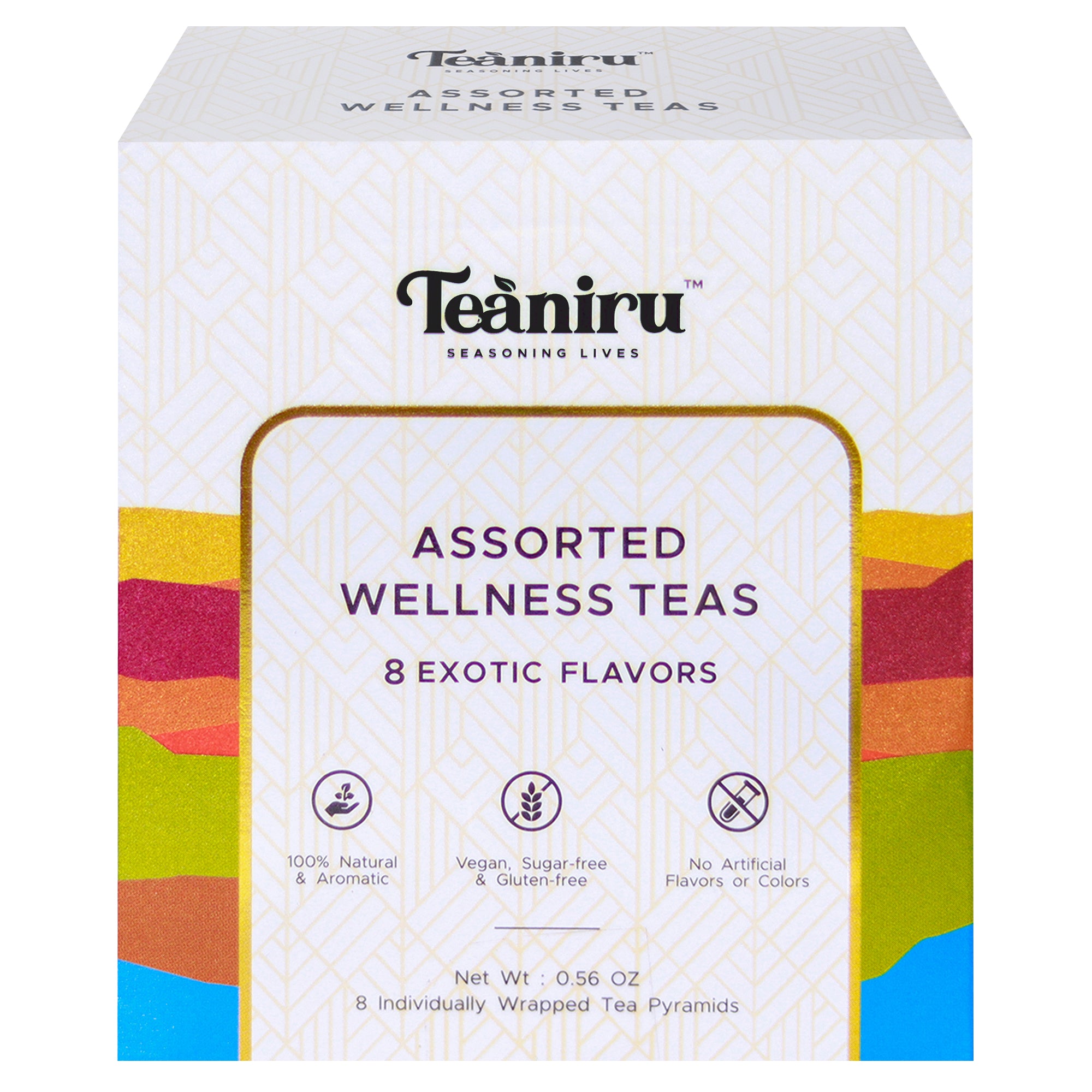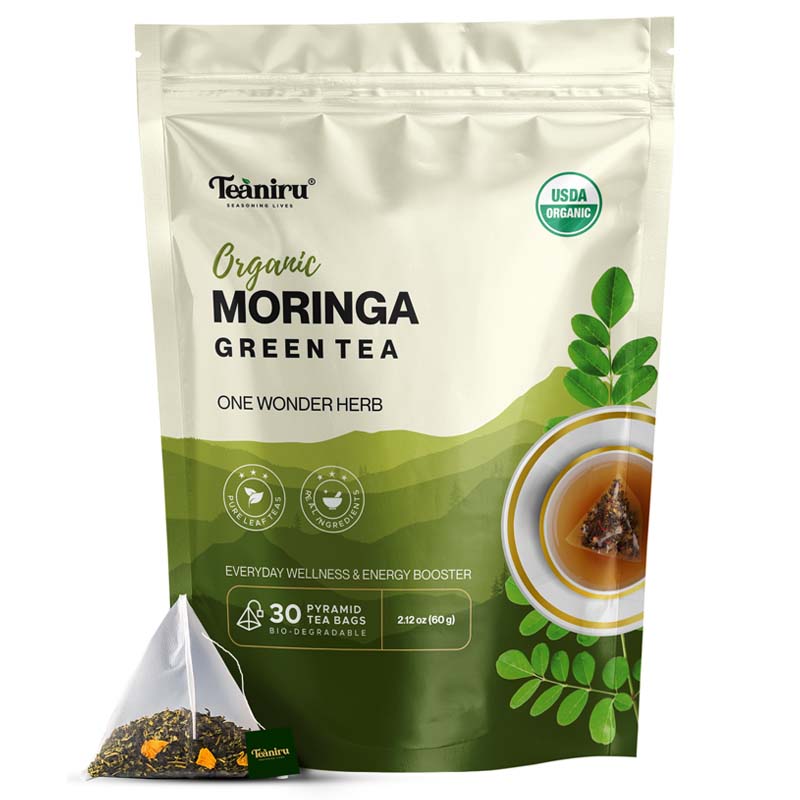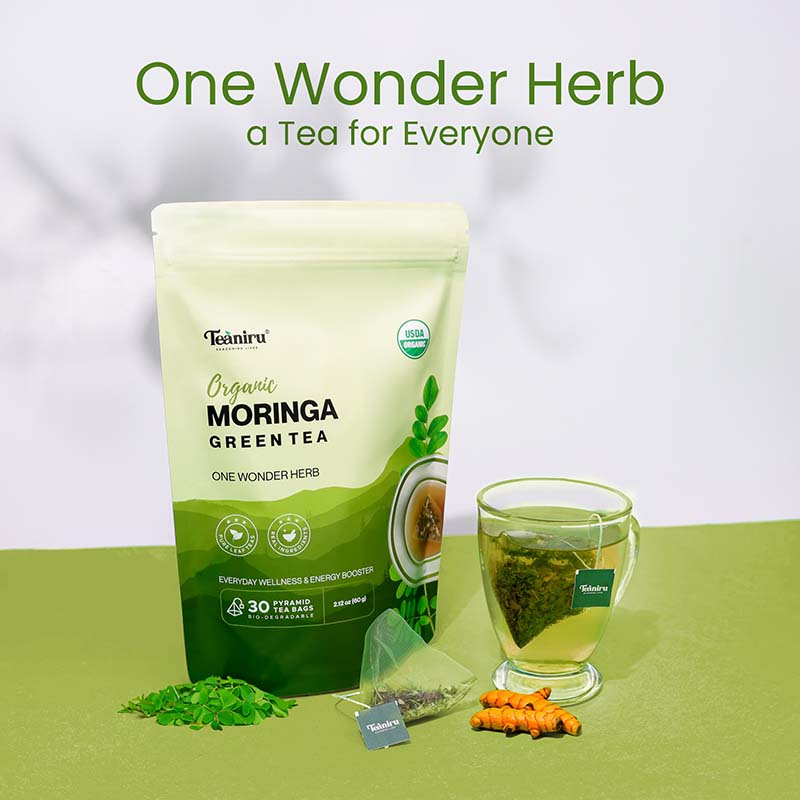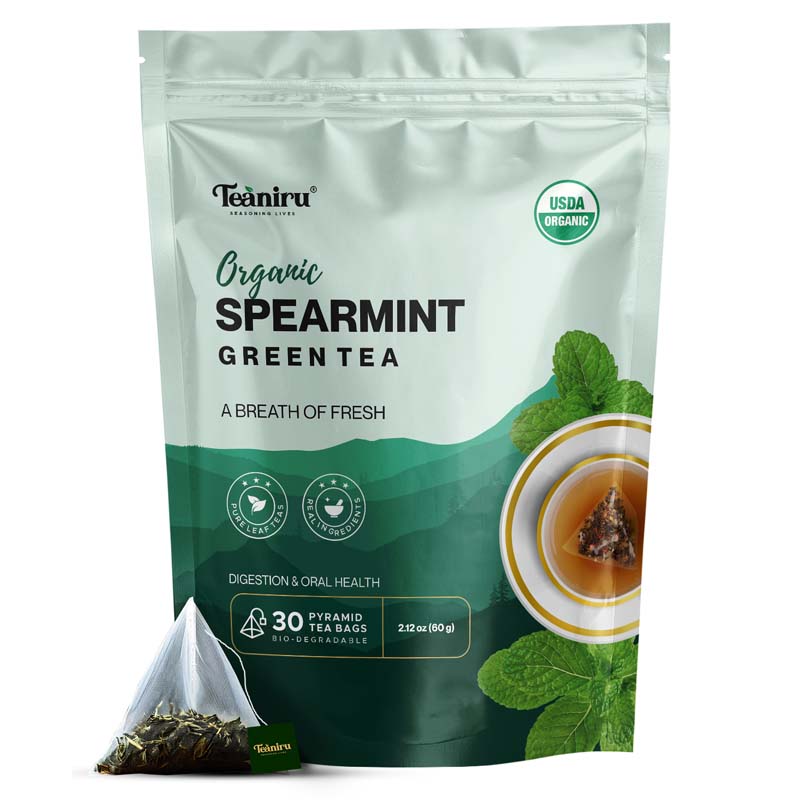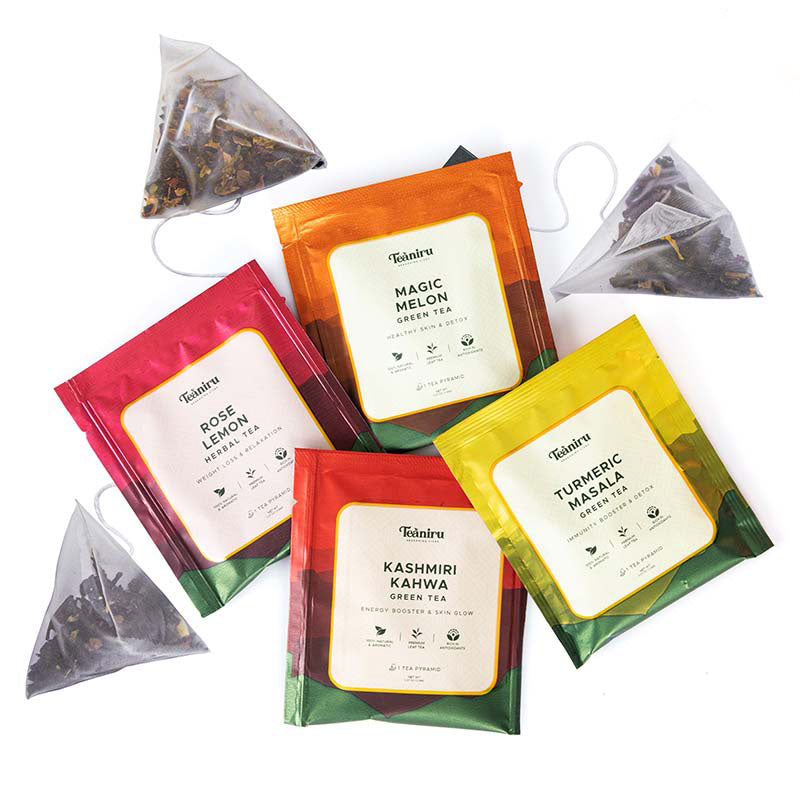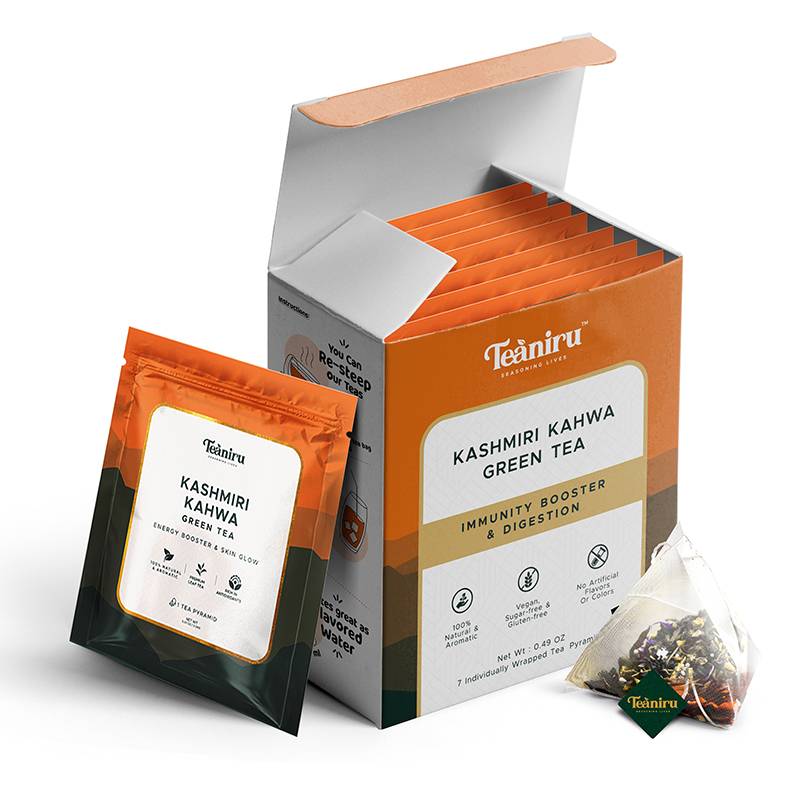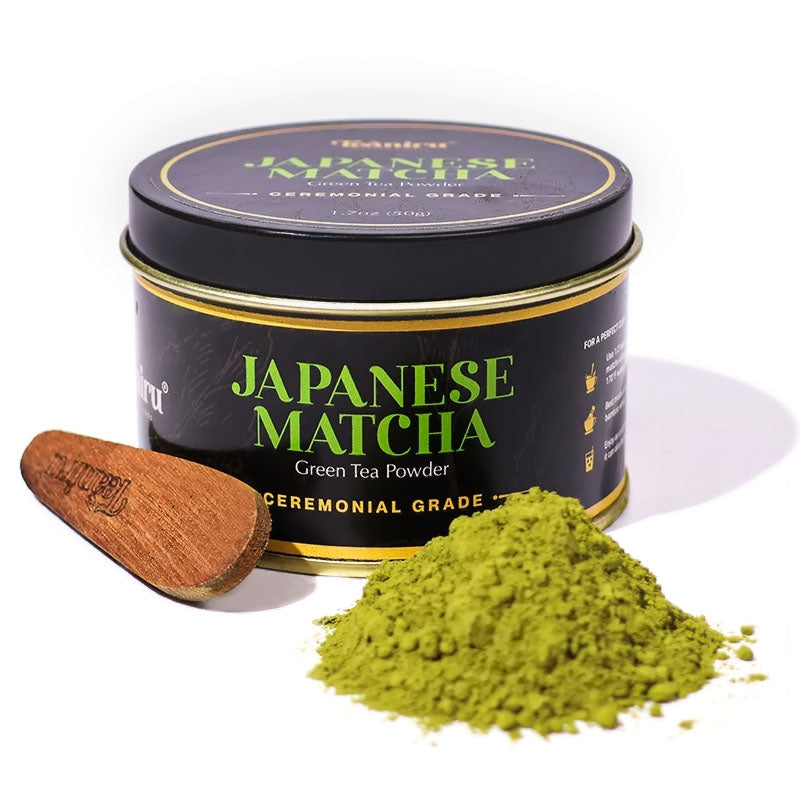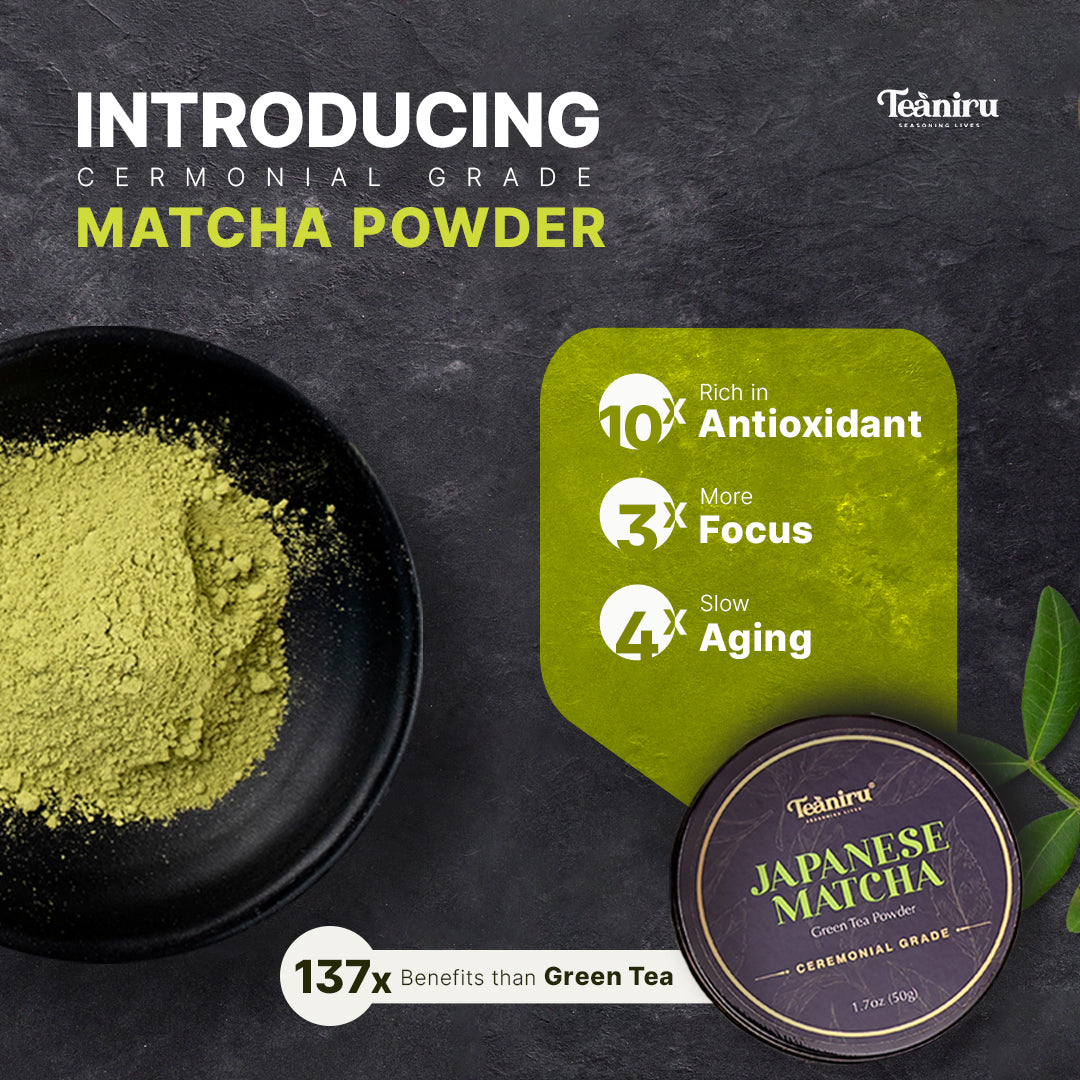You may also like
Best Green Tea
Green Tea Origin
Green tea is believed to have originated in China around 2737 BC. Over time, its production and manufacturing have expanded to other East Asian countries. The Chinese Emperor Shen Nong discovered it.
Green tea is made from the leaves of the Camellia sinensis plant, which is native to East Asia.
About 22% of the world's tea is green tea, with China being the largest producer.
Green Tea Trade in the US: Export and Import Overview
Americans consume 86 billion of tea among which 13% consumption is green tea according to 2023. Green tea’s popularity rose in 2024 considering its health benefits.
United States exports of green tea for the year 2023 were $2.21 million and is about 38,116 kilograms
The specific value of green tea imports in the U.S was estimated at around $112 million in 2023. This reflects a growing consumer preference for green tea, driven by its perceived health benefits and rising demand for organic products.
Green Tea Benefits
What if we have that one food that gives all the nutritional benefits and at the same time, is wholesome to the body? This leads us to the benefits of green tea.
Green tea has been an important part of life in many countries for the last 2000 years where it was used to increase concentration and focus. What made the Buddhist monks infuse green tea into their daily ritual? Why do they make green tea a part of a religious ceremony called ‘ The Way of the Tea’?
Learn what made green tea so important for people following various lifestyles and what its benefits are
Anti-oxidant - Powerhouse
So, what’s an antioxidant in simple terms? It is a molecule that fights free radicals in your body. High levels of stress, Unhealthy diet, and Environmental exposure increase the production of free radicals. This increment would lead to a condition called oxidative stress.
This Oxidative stress will lead you to fast aging, and inflammation that could cause back pain, arthritis, chronic diseases, a weaker immune system, and more. To Avoid these troublemakers we need a Power stock of anti-oxidant.
These Green Tea leaves contain an anti-oxidant that would help you to prevent yourself from all of the oxidative stress by stabilizing your molecules so that you will stay healthy and strong.
Fat burning - Better results with exercise
Do you know Caffeine is Good? It is understandable that you are confused about caffeine's role in fat loss.
As Caffeine in green tea stimulates the central nervous system, it releases neurotransmitters such as dopamine and norepinephrine, which cause fat-burning. Also, it increases metabolism, which increases fat-burning processes. In this way, fat cells can be broken down and released into the bloodstream as free fatty acids that are then used as fuel.
EGCG, the most abundant catechin in green tea, has been shown to boost metabolism and promote fat oxidation in some studies. The combination of caffeine and catechins promotes thermogenesis and burns calories and fat in the body.
Oral Health - All goodness in a sip
Green tea can handle all your oral health issues, from bad breath to gum strengthening. Each compound does wonders for your ailments.
- Anti-Bacterial - Epigallocatechin gallate (EGCG), which possesses antibacterial properties. These compounds help to inhibit the growth of bacteria in the mouth and reduce the risk of cavities, gum disease, and bad breath.
- Anti-Inflammatory - Green tea has anti-inflammatory properties that prevent gum inflammation (gingivitis) and more severe gum disease (periodontitis).
-
Fluoride - The fluoride present in green tea strengthens tooth enamel and prevents decay. However, the amount of fluoride may vary by region.
Skin - Anti-aging
You can have this tea all day for better hydration and anti-aging properties as it benefits positive results for all age consumers.
The anti-oxidants, anti-inflammatory, anti-bacterial, anti-microbial, and anti-androgenic properties of green tea help to
- Produce collagen,
- Maintain the fight against acne,
- Reduce the production of sebum oil in oily skin,
- Protect skin from the sun,
- Reduce the eye puffs and dark circles,
- Increase the glow and plumpness with hydrating properties.
Hair - The Grey Fact!
This is a lesser-known fact, right? Yes, Let me explain the green tea performance on your hair.
Hydrogen peroxide damages the enzyme responsible for coloring the hair, leading to grey hair. Aging reduces the enzyme's defense. The hydrogen peroxide in coffee makes this worse. Stress, free radicals, and health issues also contribute.
Green tea's antioxidants will help prevent premature greying indirectly as there are people who support this statement, but no scientific proof that it stops greying.
With abundant anti-oxidant properties, that promote blood circulation which would help to grow new hair and also reduce hair falls by inhibiting DHT hormones that are linked with hair falls.
Additionally, anti-bacterial and anti-fungal properties will help you to clear off the dandruff naturally.
Diabetes - Hype or hope?
You guys must be tired of listening to the people who say that they have curing medicine, or a natural remedy, that never worked.
By the way, you all must have come across this green tea as a curing medicine, that helps to lower blood sugar levels. Does it work or not?
Yes, scientific studies suggest that green tea reduces the risk of type 2 diabetes. Its EGCG antioxidants combat insulin resistance by preserving beta cells, enhancing insulin signaling, and reducing inflammation.
This anti-inflammatory property improves the insulin response, which correlates with decreased chronic inflammation.
Additionally, by inhibiting α-amylase, green tea slows glucose release, aiding better glucose absorption and control.
Brain Health - No More Procrastination!
At times, you may experience sudden inactivity, feeling unable to work further, especially after overdoing tasks or multitasking. The brain simply needs a moment of relaxation and a boost of energy to refocus on upcoming tasks.
Green tea can effectively provide this stimulation of activeness and energy. How?
By reducing oxidative stress in the brain, green tea offers a sense of refreshment and re-energization. Moreover, the combined effects of caffeine and L-theanine work synergistically to enhance cognitive function, promoting alertness and focus.
Additionally, it helps safeguard brain cells from damage and lowers the risk of neurodegenerative diseases such as Alzheimer's and Parkinson's.
Heart Health - Important
Yes, studies and research suggest that green tea can prevent heart-related diseases and improve heart health. However, it's important to note that it's not an instant remedy. The process may be gradual, but it is steady, natural, and comes with no side effects.
Green tea contains high-potential compounds such as catechins and EGCG, which significantly reduce bad cholesterol levels and improve blood pressure. By doing so, green tea helps prevent various heart diseases.
Vitamin-C in Green Tea
Green tea is a popular tea that is high in antioxidants and vitamin C. It is made from the leaves of the Camellia sinensis plant and has a light and refreshing flavor. Green tea is also a good source of other nutrients, including catechins and caffeine.
Stroke - Prevents risk
As a recent statement from the Trusted Source, the American Heart Association (AHA), drinking large amounts of green tea helps reduce the risk of stroke.
Meta-analysis and trusted source supports the 2023 review, that moderate consumption of green tea consumption lowers the risk of stroke which has been evaluated with 645,393 participants and 11,421 incidents of stroke.
Immunity Power - Healthy Response
Green tea helps naturally boost the immune system with its medicinal properties, such as phenols and catechins. By reducing oxidative stress, green tea polyphenols support a healthy immune response.
Studies suggest that green tea can stimulate immune cells such as T cells, B cells, and natural killer cells. As these cells play a crucial role in recognizing and eliminating pathogens.
L-theanine: Help to improve Sleep
According to Mental Health America, nearly two-thirds of adults lose sleep due to stress. There is a link between a lack of sleep and numerous diseases and disorders, including obesity, heart disease, and dementia.
Nearly 1 in 5 Americans use medications for sleep, potentially leading to a habit that may result in serious side effects.
L-theanine in green tea can naturally aid sleep with zero side effects. It possesses relaxing properties that reduce stress and promote calming effects on the brain by increasing the production of certain neurotransmitters.
Blood Flow - Reduces platelet Aggression
Poor blood circulation problems can cause fatigue, a lack of energy and concentration, thinning hair and hair loss, delays in healing, and erectile dysfunction in men.
Here's how green tea can help improve your blood circulation:
The antioxidants in green tea help increase the width of blood vessels, enabling your body to pump blood more easily. Green tea helps to relax blood vessels, potentially aiding in smoother blood flow.
Additionally, it also has a positive effect on cholesterol levels and blood pressure, which are key factors affecting circulation.
Asthma - Improves Respiration
Green tea contains Theophylline, which relaxes the muscles supporting the bronchial tubes, thereby reducing asthma.
There is scientific evidence suggesting that the caffeine in green tea can have a positive effect on lung function by relaxing the smooth muscles in the lungs and opening the airways.
Pregnancy - Nutritional Drink
Green tea and pregnancy go hand in hand, being one of the healthiest beverages a pregnant woman can consume.
One of the effects of green tea during pregnancy is its ability to improve and boost the body’s metabolism, thereby preventing mood swings. Green tea contains theanine, which offers relaxing effects and enhances mood.
Additionally, it benefits in maintaining blood pressure, regulating blood sugar, boosting immunity, and enhancing bone strength.
Digestion - No More Bloating!
Green tea has been widely researched for its role in many areas of health. This is believed to be through its various antioxidant and anti-inflammatory properties.
Many of the beneficial qualities are attributed to the polyphenols, in particular green tea flavonoids such as catechins, catechin gallates, and proanthocyanidins.
An Energy Booster - Stay Active!
Green tea is a source of caffeine, renowned for its ability to provide an energy boost. This surge of energy can significantly aid our performance during exercise, enhancing our stamina for prolonged activity.
Moreover, green tea contains L-theanine, an amino acid known for calming the mind and fostering focus. The synergy between caffeine and L-theanine enables a sustained, steady burst of energy without the usual jitteriness associated with caffeine.
Green Tea for Whooping Cough
Green tea is rich in polyphenols, particularly catechins such as epigallocatechin gallate (EGCG), known for their antioxidant, anti-inflammatory, and antimicrobial activities.
EGCG has been studied for its potential to inhibit the growth of bacteria and viruses. Green tea's compounds can help boost the immune system and provide support against respiratory infections.
When combined, these natural ingredients can create a synergistic effect, enhancing their overall antimicrobial properties. For example, green tea's EGCG could work in tandem with the compounds in ginger, turmeric, cinnamon, and cardamom to target a broader range of pathogens.
Additionally, the anti-inflammatory properties of these ingredients can help soothe the respiratory tract, providing relief from coughing and congestion.
The bottom line
The antioxidants in green tea make it stand out compared to other teas and offer a surprising array of health benefits. These qualities render it important and special, as they address and alleviate various ailments and diseases that affect humans.
Green tea has numerous benefits that can't be thoroughly discussed without proper research and scientific investigation.
Ongoing studies have shown promising results for preventive measures, but more conclusive research is necessary before definitive recommendations can be made.
We will update this blog article with the results of the upcoming research papers and scientific studies on green tea benefits.
Read More About Teas
